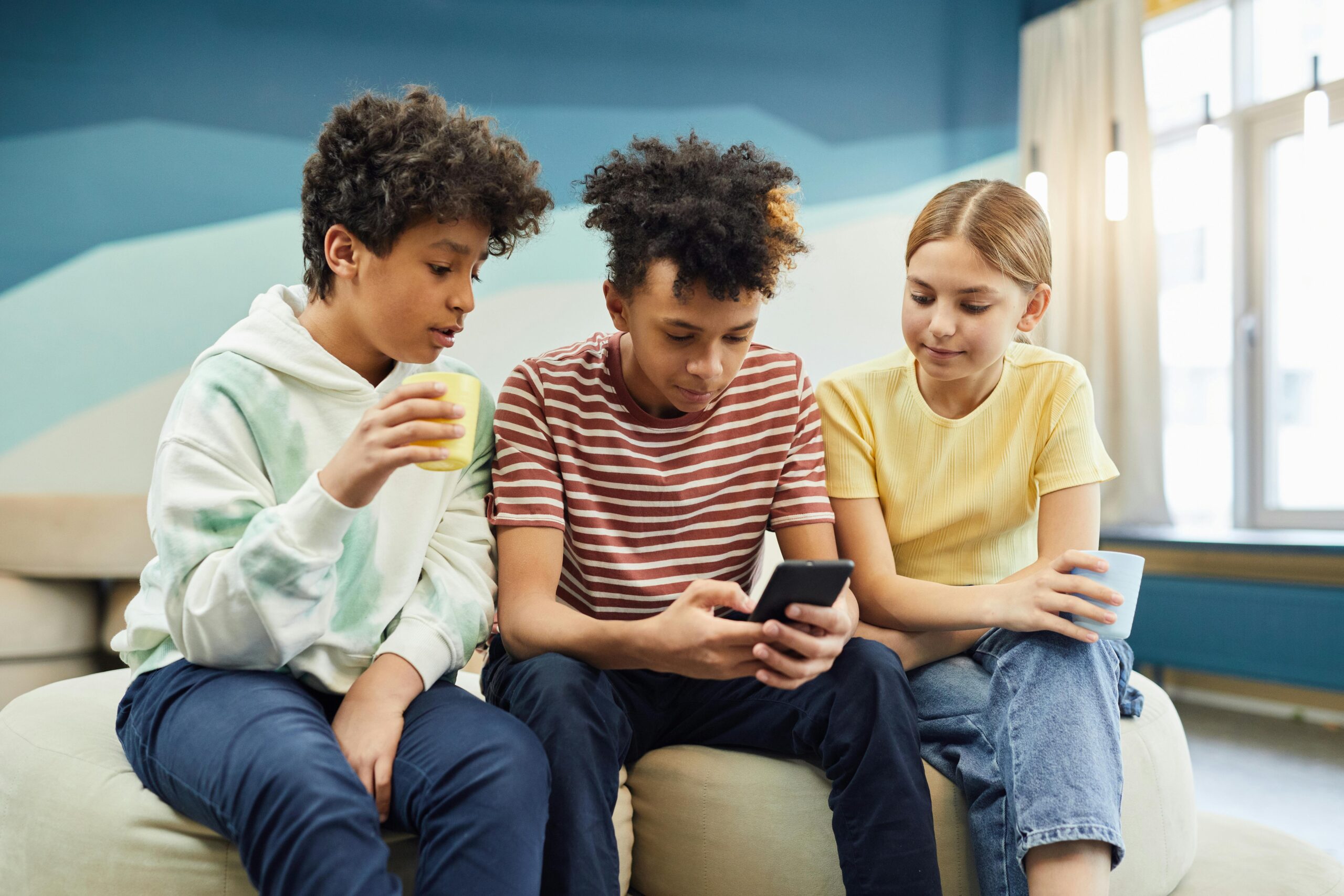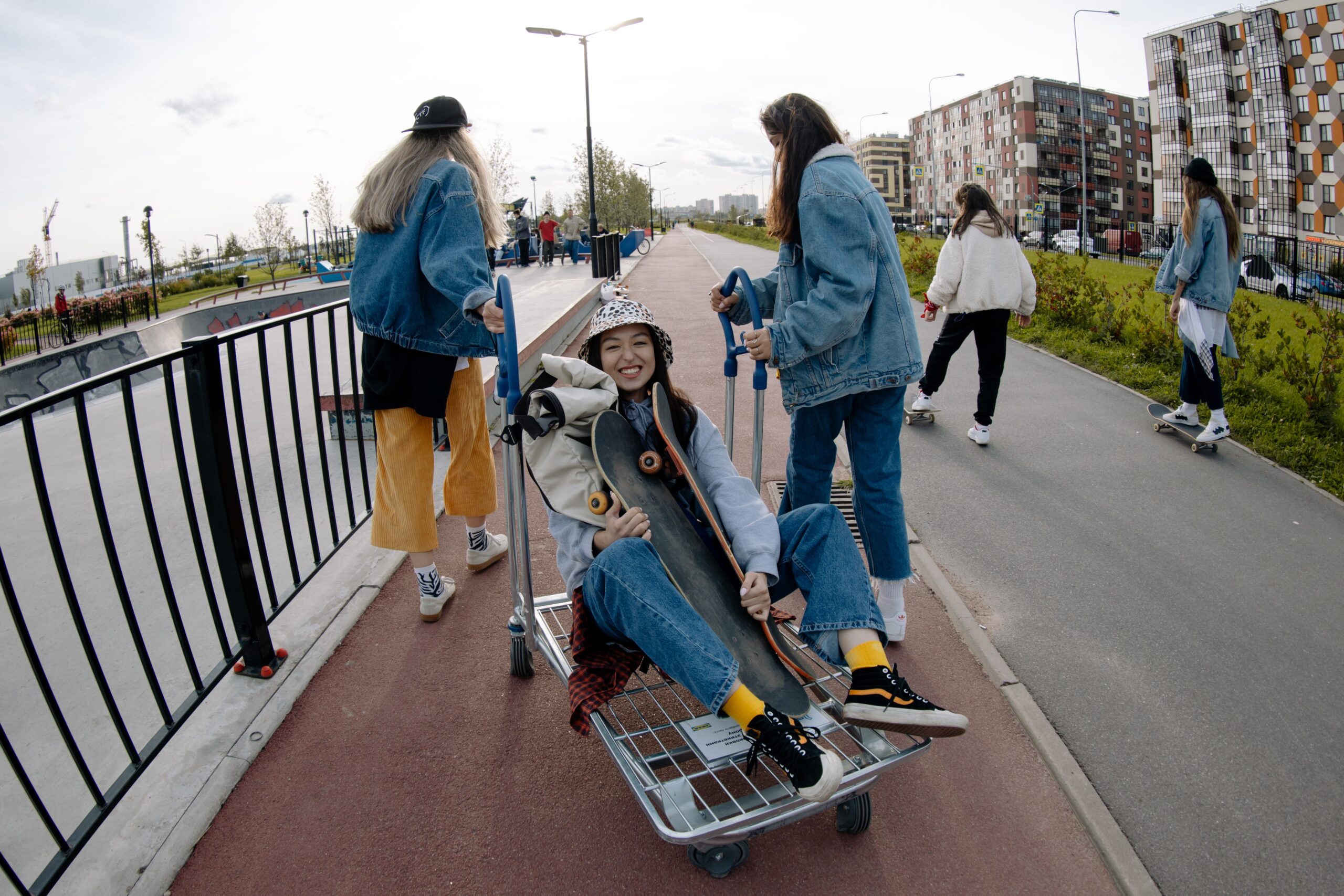
Five Steps to Help Students Avoid the Comparison Trap
Over the last five years, I’ve heard dozens of authors and speakers talk about the “comparison trap.” I believe it’s because people are not only prone to compare themselves to each other, but social media has exacerbated the problem. The student focus groups we hosted two years ago illustrated this challenge for teens. Here are some of the statements we heard from middle school and high school students:
“I guess I get my self-esteem from how other people react to my Instagram posts. It’s how I know how popular I am at school.”
“I always compete with my friends for ‘likes’ and ‘shares’ and spend a lot of time figuring out how to filter my pics so that I can get more responses than them.”
“For me, FOMO and FOBO are real. When I see what’s online I start comparing myself to those people . . . and when I’m off-line, I imagine what other kids are saying.”
What’s Going on in Our Brains?
“Social comparison theory was first put forth in 1954 by psychologist Leon Festinger, who hypothesized that we make comparisons as a way of evaluating ourselves. At its root, the impulse is connected to the instant judgments we make of other people — a key element of the brain’s social-cognition network that can be traced to the evolutionary need to protect oneself and assess threats,” Rebecca Webber writes in Psychology Today.
In short, we naturally compare ourselves to others, especially when we’re young.
Sadly, the mental health of those who tend to make negative comparisons can be seriously harmed as a result. “When we’re reliant on others for our sense of self, only feeling good if we get positive feedback or markers of status, we’re at risk for depression,” says Mitch Prinstein, a psychologist at the University of North Carolina and the author of Popular: The Power of Likeability in a Status-Obsessed World.
Yet this is exactly what’s happening to millions of kids in Generation Z. When you and I were teens, we struggled with comparisons, but they diminished when we got home from school. Today, kids with smartphones continue to struggle because the comparisons stay with them.
“Social rewards are basically the activation of dopamine within the brain when we feel we’re getting attention or positive feedback from peers,” Prinstein explains. “It can also come from comparing yourself to others, especially highly valued others, and seeing you agree with them, they agree with you, or that you’re similar to them. It activates parts of the brain not unlike the way a drug does, which may be why adolescents become truly addicted to social media.”
But the addiction can be a trap.
Five Steps to Empower Students to Break Free from a Comparison Trap
There is no easy answer to this natural tendency, so educators and parents must understand the battle will be won overtime, not overnight. Let me suggest five steps to take.
1. Talk about what’s not being posted.
When your students fall into comparison traps after viewing social media posts, sit down and discuss the “rest of the story.” Remind them of the not-so-glitzy parts of their friends’ lives (which are never highlighted) and of the incredible benefits and blessings your kids enjoy that seem distant and fuzzy in that moment. Comparison traps are sinister in that they’re seldom realistic nor are they accurate depictions of real life.
2. Remind your students of their unique strengths.
When I was a kid, I played little league baseball, and I was average at best. My mom would always encourage me after each game, but when she could tell I was comparing my baseball skills to others, she’d say, “Remember how good at art you are. You won that art contest last month!” It sounds cliché, but her words restored perspective to me when I saw peers with different, superior skill sets. We’d focus on what I did better than most of my fellow students, which was a comfort to me.
3. Teach your students to not take the bait.
We often call headlines, “clickbait.” But that’s not the only bait thrown into cyberspace. Whenever a friend talks about their “best vacation ever” or the perfect dinner date they just enjoyed, remind your kids it’s likely hyperbole. Teens usually over-speak on social media because it’s crowded with noise. They all want to be heard, so they exaggerate. They fail to show their daily, boring routines. Discuss this reality.
4. Suggest they “fast” from social media.
Social media platforms can skew what psychologists call our “preferred comparison domains.” This means—when we begin seeing people posting about a certain topic, we can get caught up in it too, forgetting we may not even care about it personally. We do so only because it seems everyone else does. The best antidote for this is to get off of social media for a day or two. Do a “technology fast,” and stop consuming it. Most who do this feel liberated from caring about superficial topics like others do.
5. Mentor them to choose a different scorecard.
Most of the time (certainly not all), students fall into a comparison trap over the wrong stuff — clothes, vacations, parties, restaurants, etc. One of the greatest remedies to the trap is to drop out of that game. Choose to care about more important items, like serving an underserved community or becoming career ready. I know it sounds silly, but the more teens mature, the less they care about childish or adolescent issues. Mature adults usually compare themselves to their former selves and look for improvement. That’s a far more accurate scorecard on personal success.
Most of us who grew up prior to the existence of social media can recall having experienced the same inward drive for peer attention as teenagers. It’s part of a natural process where we cultivate a sense of who we are from how others view us. “That hypervigilance about how others see you is supposed to go away in adulthood,” says Prinstein. “But social media has created this lifelong adolescence. It makes it too easy to keep making comparisons in a very adolescent way.”
Hmmm. Maybe we should all apply the list above.







